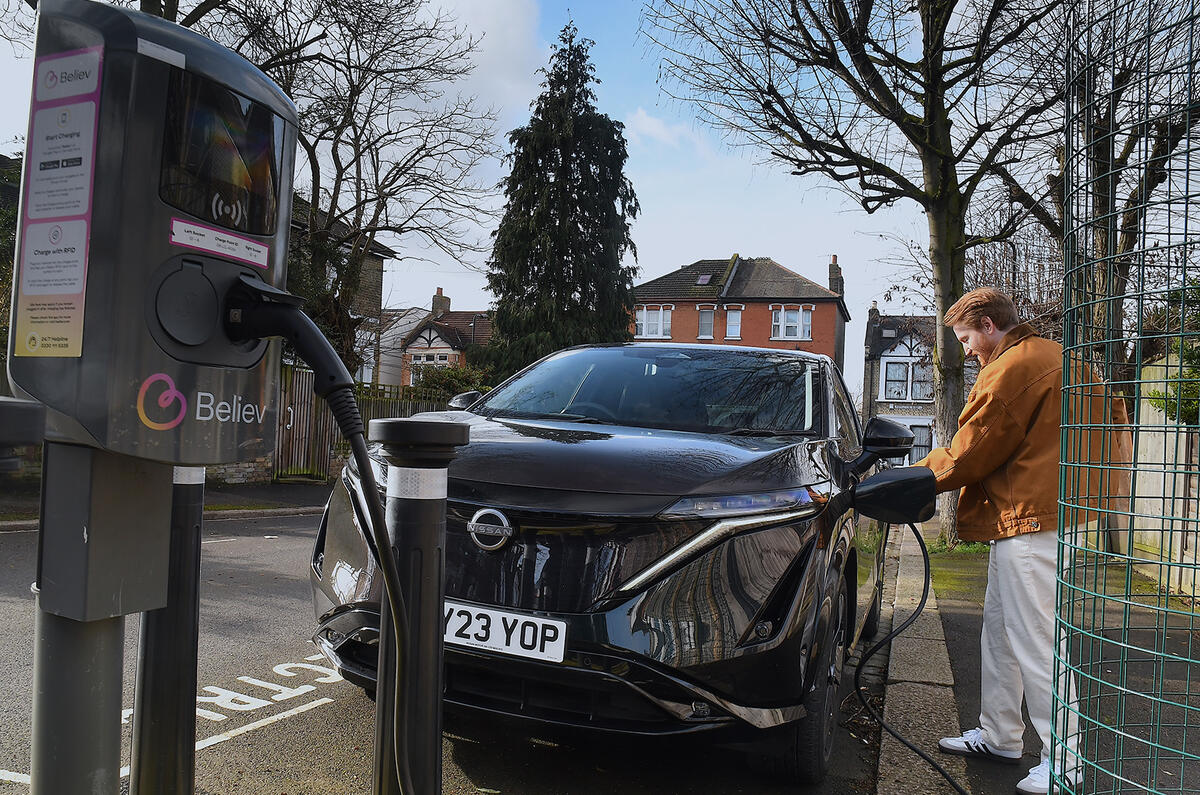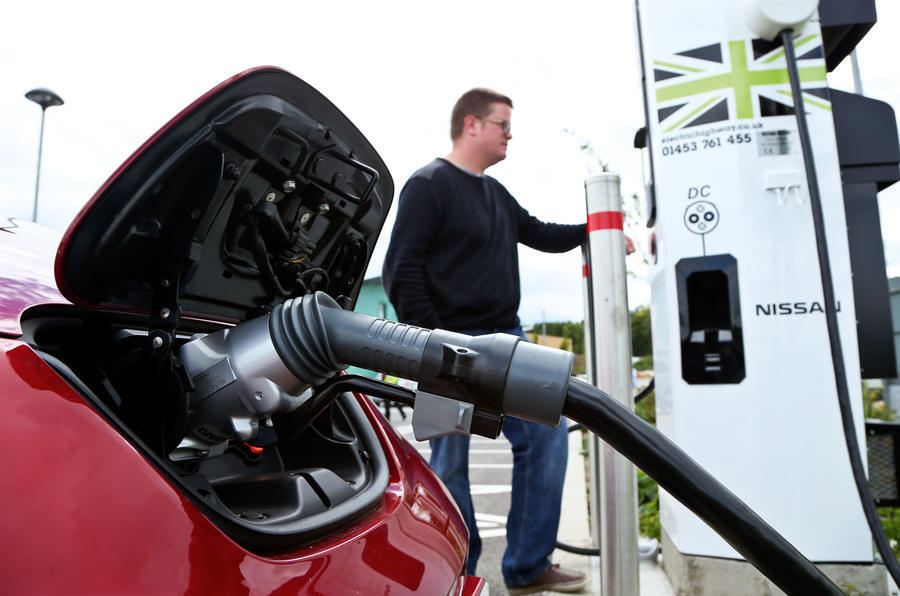For many car owners, the electric car represents an entirely new way of driving and brings with it many queries and worries. One of the largest concerns is how long the battery life is on an electric car.
You may well have read horror stories about electric car owners facing hefty bills for replacements or contemplating cutting their losses on cars that are otherwise worthless because they literally don't work.
And it’s not hard to see where these rumours and anecdotes come from, because our extensive experience of mobile phones, tablets and laptop computers has shown many that, even over a relatively short period of time, the batteries powering them can quickly lose efficiency, resulting in the need for more frequent charging.
In extreme cases, the degradation is so severe that the device won’t even fire up unless it’s permanently on charge, which is obviously no use for an EV.
There’s also no denying that battery technology doesn’t come cheap, and should the cells ever need replacement, it’s quite likely that they will cost more to swap than the car is now worth - which is why we tend to replace mobile phones in their entirety rather than replace the battery pack.
Battery swapping stations, where depleted electric car batteries can be changed for fully charged ones in mere minutes, are beginning to crop up in Europe and may offer an answer to battery life queries.
But how bad is the electric car battery problem really? The good news is that the more electric cars that are out there and the longer they are run for, the more evidence is produced to show that the power pack will often last the lifetime of the car.
Better still, there are plenty of tips and strategies you can follow to make sure your car’s batteries will survive better than most.
Battery life for electric cars
Generally, electric car batteries last for as long as the rest of the car. But like with your phone or laptop battery, they degrade over time.
Ultimately, the cells should still have at least 70% of their capacity even after 200,000 miles, which is the sort of mileage that few cars ever reach, whether they’re combustion-engined or electric.
As an example, a number of Tesla Model S taxis operating from Gatwick airport racked up more 300,000 miles each over three years and all retained at least 82% battery health.
Why does an electric car battery lose charge or degrade?
The truth is that batteries degrade over time and with use, meaning they become less efficient as they age and provide a shorter range.
Continual advances in battery technology mean that issues surrounding degradation of performance are being reduced all the time. However, even the latest lithium ion cells aren’t completely immune to losing performance over time, with a number of factors playing a role.
Perhaps the biggest single contributor to the decline in efficiency is the cycle of use and charging. Frequent draining of the cells followed by a full charge can over time damage the battery’s ability to maintain its optimum energy storage. That's why manufacturers typically recommend charging only to 80% and never letting the range drop to zero miles.














Join the debate
Add your comment
Unfortunately when something does go wrong it can cost, big time. Not anecdotally or rumour either, it's a fact. I'm sure these instances are rare but I can't help thinking it would make sense for all manufacturers to contribute to a fund that unlucky members of the public can apply to when having to pay exorbitant replacement costs.
My neighbour last saw her MB C350e in May and is waiting for the high voltage system to be replaced. They took her £9k (yes, I've seen the invoice) back in May only to then say they weren't able to source a replacement unit. She's been driving their cosy car since, wonder if she'll see her car again.
A replacement cost of £9k on a 7yo car with 35k miles, that's worth about £13.5k, is not acceptable - hence me suggesting the fund for such instances.
That's a very good point and a likely scenario; mosfets, inverters and especially capacitors etc running at KW power for hours on end are going to go faulty and the nature of the beast in an E.V is heavy duty engineering and if that charging circuitry goes faulty and is out of warranty...you can cancel any upcoming holidays. People have to be aware of the technical liabilities they are taking on when buying an E.V
In exactly the same way as a ICE car, not a rumour either, it's an unfortunate FACT!!!
Who is keeping a car more than three four years these days?, also, 80%, most will see that as 20% more range you can't shouldn't really use?, and, I don't drive very often maybe 3,000 miles a year, is it really worth my while buying an EV?
So your 300mile car battery has less than 240 miles range between charges.
And let's not forget if you can't charge at home, like a lot of the UK population who live on main roads, or have to park elsewhere, or who can't charge while working, they're limited there too.
I'd love an electric car, but it's useless to me.
A good read, especially the bit about constantly hammering the batteries when charging them, TBH that goes for most battery types. I would have thought EV cars can go on for decades as electric motors are very reliable. I suspect the Germans will eventually come up with a DIN standard that will be adopted to ease the madness of batteries and connectors that will be inevitable and to ease insurance costs etc.